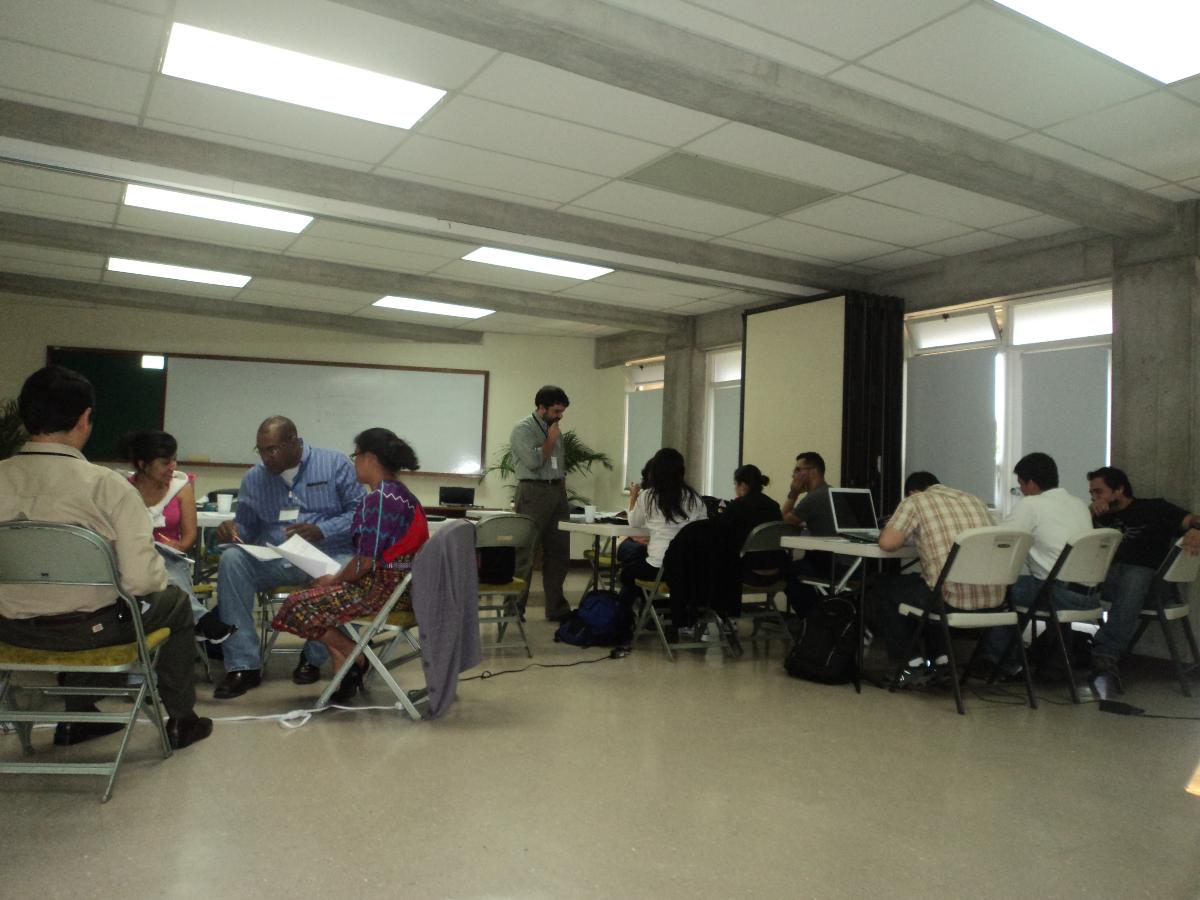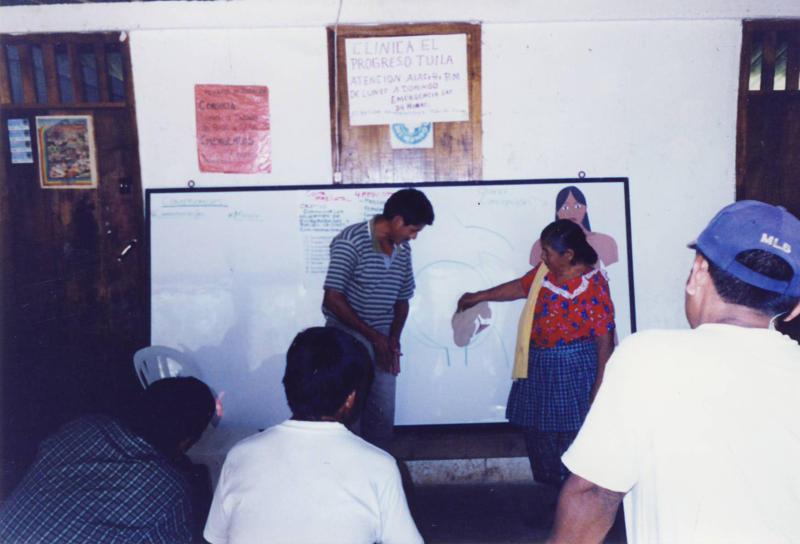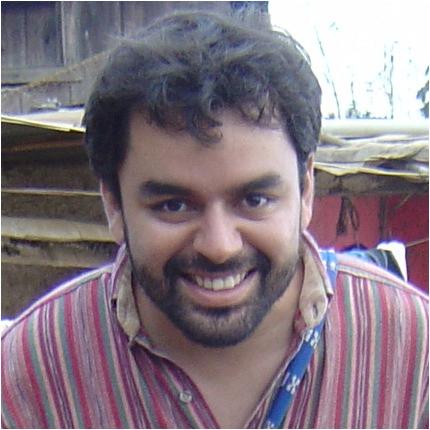-
Teaching philosophy
-
Teaching Principles
Adult education seeks to generate learning experiences in which students are reflective and critical of their constantly changing context and their place in it. This requires the adoption of methods that are active, dialogical, participatory and critical. It also asks us to transcend the opposition teacher-student by acknowledging that no person educates another person and no one educates herself, but we all educate each other mediated by the world.
In order to bring these ideas to the terrain of higher education, I intend to remain faithful to the following didactic principles:
- My role is to facilitate meaningful learning;
- I should share with students instead of indoctrinate them;
- I try to take on only a few concepts and cover them in-depth;
- I always try to begin with the student experience or perspectives;
- I should facilitate the integration of what is learned; and
- I recognize that any pedagogic act is unpredictable in nature, so I need to remain open to what it generates.
Course design can emphasize contents, outcomes or process. Depending on the nature and purpose of the class, I emphasize one or the other, but I always make sure to integrate the three in the design. I look for a balance between contents, outcomes and process, by including learning strategies that facilitate the appropriation of the text, the relation between text and context, and the application of what is learned.
My responsibility is to design a course that makes it possible for students to use their experience and interests to critically analyze relevant problems and thoughtfully grow as human beings.
-
Courses
-
- Medical Anthropology
- Sex, Class and Race in Latin America
- Human Rights in Latin America
- Applied Anthropology
- Ethnographic Methods
- Research Methods in Anthropology
- Global Health
- The Social Determination of Health
Sample course syllabi:
-
.
-
Qualitative methods class. Guatemala City

-
"We learn through experience and experiencing, and no one teaches anyone anything. This is as true for the infant moving from kicking to crawling to walking as it is for the scientist with his equations. If the environment permits it, anyone can learn whatever he chooses to learn; and if the individual permits it, the environment will teach him everything it has to teach."
(Viola Spolin)
-
Workshop facilitated in Cahabón, Alta Verapaz, Guatemala

